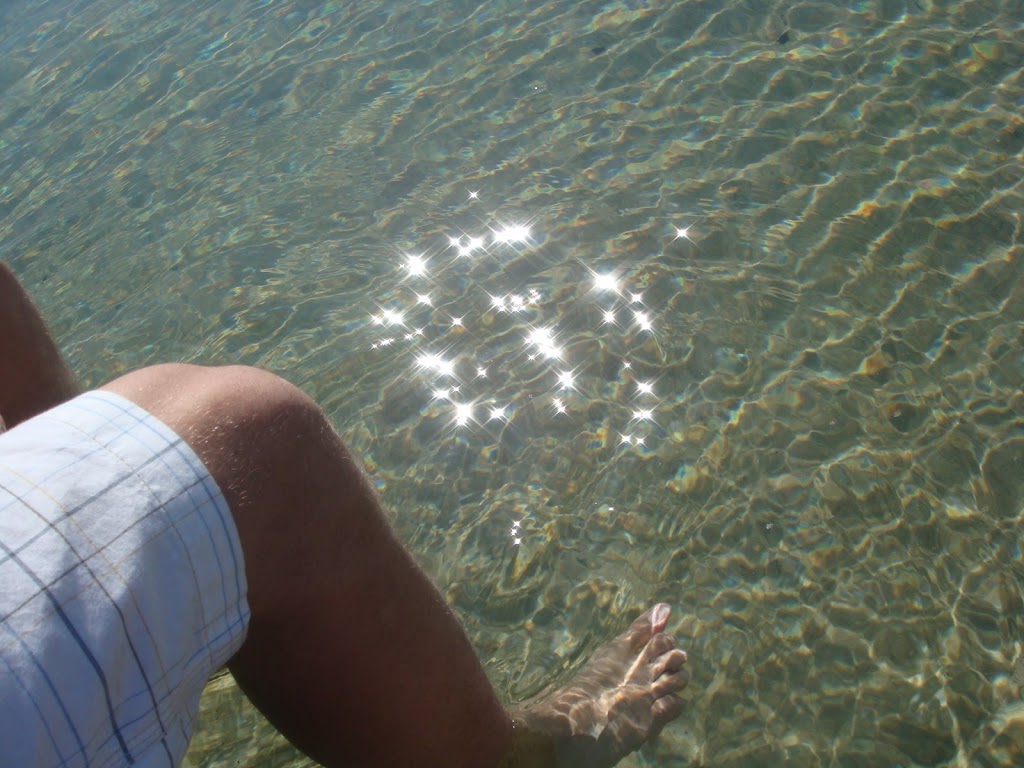I’m beginning to settle into the school where I’ll be teaching for the next month. It feels very remote, so naturally my first instinct is to get online. I find I can open very few of the pages that result from my search for ‘Uighur uprising.’ Facebook and Blogspot have been completely blocked (as have YouTube and Myspace). For the foreseeable future, then, I’m going to be exploiting friends’ good will to post these thoughts.
But more on China later. In a trend I foresee continuing, I want to backtrack a few days and an ocean.
On Tuesday, I drove from northern Michigan to Detroit with Jon, a friend of my brother’s who spent four months teaching accounting at Kabul University. (He too kept a
blog, and I’m hoping I manage to keep this one as interesting as his).
Like any delusional idealist who studied post-conflict development in college, I’ve thought it might be interesting to look for work in Afghanistan. I heartily agree with the new philosophy governing (at least in theory) the latest troop surge. The language (Dari, a dialect of Farsi) is nowhere near as intimidating as Arabic. Three other friends who have worked there as civilians rave about the beauty and dynamism of the country. And, cheesy as it seems, I like to think that I could help build things there, and that I could put my education to good use.
I pestered Jon with questions for most of the four hour drive to Detroit. The news isn’t good.
Kabul is, unsurprisingly, a disaster after thirty-odd years of intense conflict, starting with the Soviet invasion in 1979. Bombed-out buildings, no underground sewage, the kind of poverty that makes you ashamed to be human and not devoting all your efforts to changing things… To top it off, plants not far outside the city process sewage by burning it, giving the air high fecal content. I never thought I would hear about something that made the smog in China sound appealing.
Towards the end of our drive, we passed a gigantic factory on the outskirts of Detroit. Rivers of rust trickled down the side of the building as if it were the victim of a drive-by shooting. With the sun catching the edges of glass in the broken windows, it looked somehow splendid in all its catastrophe.
‘That,’ said Jon, ‘that is what Kabul looks like.’
I guess the news isn’t good in Detroit either.
Still, I think I might like Kabul. Feces notwishtanding.

